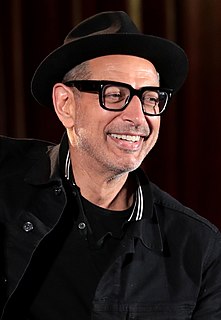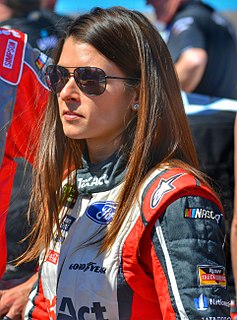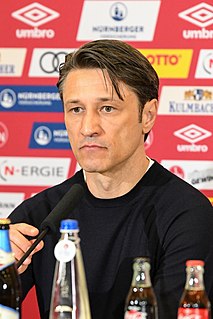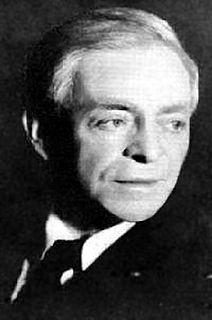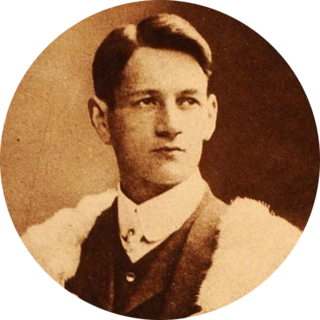A Quote by Jeff Goldblum
Well, of course I would choose to be the top scientist in my field.
Related Quotes
There are kind of two kinds of awards you can get as a scientist. One is Nobel-like in character: it's for one big thing, for a big revolutionary discovery. And it's wonderfully well known, and of course every scientist would love to get a Nobel prize. And there's a few other similar awards. They're for individual blockbuster discoveries.
I must admit that when I chose the name, "vitamine," I was well aware that these substances might later prove not to be of an amine nature. However, it was necessary for me to choose a name that would sound well and serve as a catchword, since I had already at that time no doubt about the importance and the future popularity of the new field.
In a physical contest on the field of battle it is allowable to use tactics and strategy, to retreat as well as advance, to have recourse to a ruse as well as open attack; but in matters of principle there can be no tactics, there is one straight forward course to follow and that course must be found and followed without swerving to the end.
Since I stayed in a colony where either one was an engineer or a scientist, everybody thought I would be a scientist. This was the expectation everybody had apart from my parents. Honestly, I, too, wanted to be a scientist. I think it was the way Dad would explain us scientific theories and concepts that made the subject more intriguing.
Philosophers often think all scientists must be scientific realists. If you ask a simple question like "Are electrons real?" the answer will be "Yes". But if your questions are less superficial, for example whether some well-known scientist was a good scientist. Then, they had insisted that only empirical criteria matter and that they actually did not believe in the reality of sub-atomic entities. Ask "If that turned out to be true, would you still say they were good scientists?" The answer would reveal something about how they themselves understood what it is to be a scientist.
